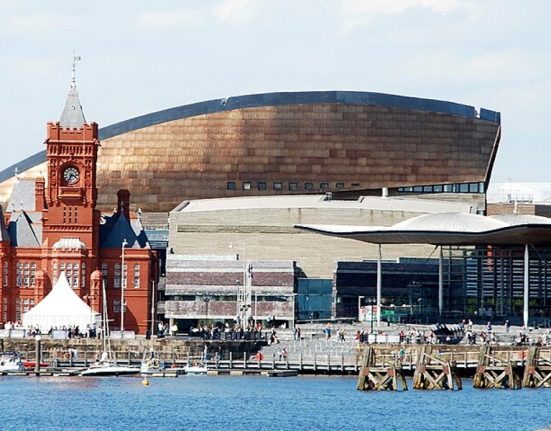The attempted assassination of Colombian senator and presidential candidate Miguel Uribe Turbay is a violent shock to the political system – and a troubling reminder that the ghosts of Colombia’s darkest political days are never far away.
Uribe, a prominent conservative and vocal critic of President Gustavo Petro’s left-wing administration, was shot while leaving a campaign rally in Bogotá.
Suspect only 15
That a 15-year-old suspect with a 9mm pistol has been arrested only adds to the disquiet: the attack was brazen, reckless, and eerily reminiscent of Colombia’s blood-soaked political history.
This is not merely an attack on an individual – it is an attack on the fragile architecture of democratic legitimacy. Colombia has spent decades trying to distance itself from the political violence of the 1980s and 90s, when bombings, assassinations and kidnappings regularly targeted public figures.
Unfortunately, not a new occurrence
The murder of three presidential candidates in 1990, and the killing of Uribe’s own mother Diana Turbay by the Medellín cartel, mark some of the lowest moments in the country’s modern history.
The assumption that those times were behind us – that violence had retreated from the heart of national politics – has now been shattered. While Colombia’s rural regions remain afflicted by guerrilla conflict and criminal networks, cities like Bogotá had come to symbolise a new era of democratic normality. No longer.
Politics is at play
The political context cannot be ignored. The attack came just days after Uribe warned publicly that Colombia risked slipping back into violence. His criticism of Petro’s government, particularly over rising insecurity, was direct. At the same time, Petro has escalated his rhetoric against opponents, accusing them of sabotage and fuelling talk of a “soft coup.”
Words matter. In a country with a volatile political past, hostile rhetoric can swiftly turn into justification for violence. Petro’s condemnation of the attack was swift and unequivocal, but his administration must now reckon with its own role in inflaming divisions.
A dangerous road ahead
The road ahead will be dangerous. As the 2026 presidential campaign begins to gather pace, political leaders must come together to establish a firm, united stand against violence of any kind. This cannot become another chapter in a recurring tragedy.
Colombia has been here before. It must not go back.



